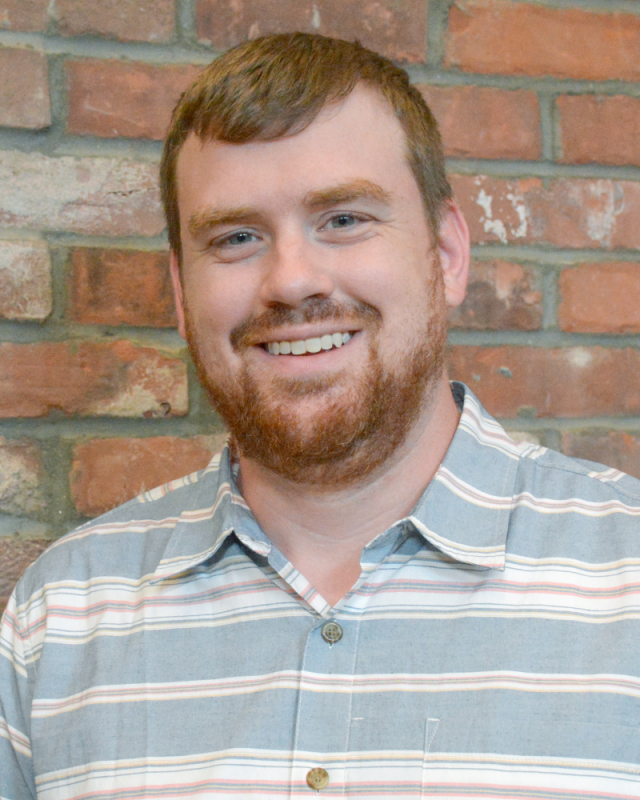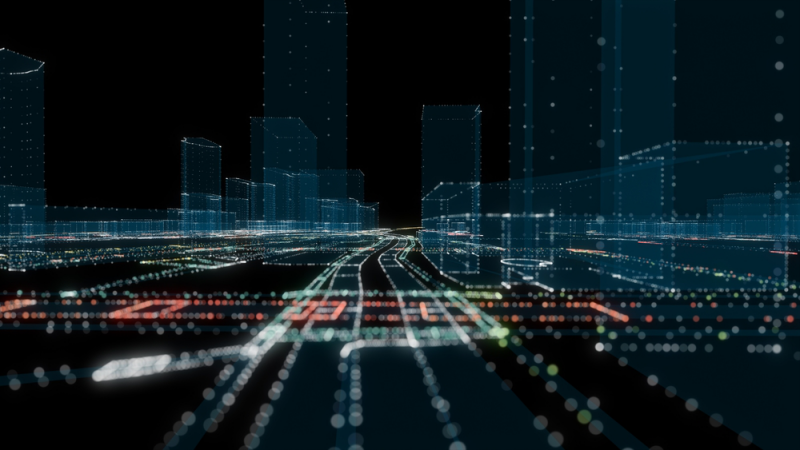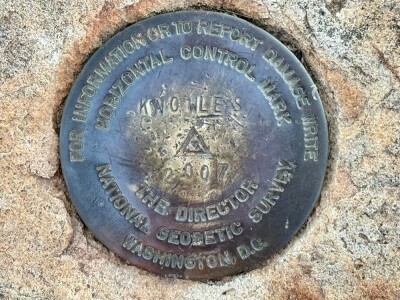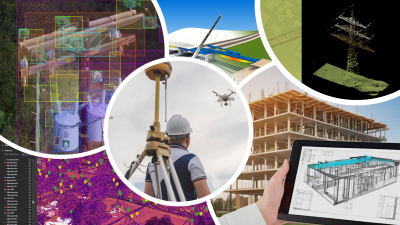The reality capture industry, as we’ve covered here at Geo Week News extensively over the years, is becoming more accessible and increasingly welcoming newcomers to the space. With the hardware becoming both simpler, cheaper, and easier to transport, and software becoming more intuitive for even new users, sectors that hadn’t been taking advantage of the tools – to say nothing of smaller firms in traditional industries – are starting to use it. Even with the greater accessibility, though, there are still a number of barriers to entry that can prove difficult for those who aren’t well-versed in the space.
It’s for this reason that a group of veterans in the industry have formed a new organization known as The Committee. Just formed this year, they are still in the early stages of their mission, but generally speaking their hope is to make the industry a more welcoming and easier-to-navigate space for those who don’t come into it with years of experience. With this in mind, Geo Week News recently hosted a webinar speaking with two founders of The Committee about their mission as well as some of the broader challenges that newcomers to reality capture can run up against.
For this hour-long webinar, the author of this article served as the moderator for a panel discussion with Chris Kercheval and Mack Kowalski, two long-time veterans in the reality capture industry and two of the founders of The Committee. Using the link below, interested readers can access a free on-demand recording of the full discussion.
The discussion was a wide-ranging one and included questions from Geo Week News as well as queries from those who watched the webinar live, so it’s worth checking out that full recording. For a quick recap, though, there are a few topics that are worth mentioning, starting with the idea of a standardized spec sheet. This is one of the first big topics The Committee is looking to bring awareness to for the industry, as these spec sheets for new hardware can be a challenge for those who don’t know what they’re looking for – and even those who do have enough experience to know the broad strokes of what they need.
Both Kercheval and Kowalski dove into why it’s so important for these standardized spec sheets, noting that every company lists their specs in different orders, with varying lengths of spec sheets and different ways of displaying similar data. To counteract that, they displayed a mock-up of what a standardized sheet could look like, with the relevant data listed in view on page in an easy-to-read format. Kercheval pointed to the Monroney Stickers that are now standard on all cars in the United States. Those were put into place by the federal government, and The Committee is hoping the industry can come together for their own version of this to avoid the government needing to step in.
The conversation wasn’t limited to just some of the specific missions of The Committee, however. After the discussion around spec sheets – which did draw intrigue from some of those watching live – the duo talked about some of the confusing terms that can often be thrown around in the industry that may be confusing to newcomers and veterans alike. One of the big examples they pointed toward was LOD, which can sometimes mean Level of Detail, or sometimes Level of Development. And even with those acronyms, there are varying definitions between them. All of that can lead to confusion, and Kercheval and Kowalski gave some broad tips on how to navigate that term and others that get thrown around without a lot of explanation within the laser scanning community.
Along with those two main topics, the conversation touched on many other points of discussion. For example, Kercheval and Kowalski shared some of the advice they typically give to newcomers they speak to. At a high level, the big takeaway was to figure out the end goal of this data collection and then using that to inform exactly what type of system to purchase rather than purchasing equipment that may seem desirable and then shoe-horning that into whatever the end goal may be.
They also touched on a few more of the broad goals and work being done by The Committee. A lot of that revolved around education, something that Kowalski is working on substantially within the group. In addition, they are looking to put together many reports of the equipment available across the industry, showcasing what tools may be best in certain situations, like the tests they have run at Geo Week in the past around terrestrial and mobile scanners. They are looking to the community for what types of testing and reporting they’d like to see in the future as well.
The entire conversation is worth checking out as they dive much deeper into these topics and others not mentioned in this quick recap. As a reminder, readers who are looking to check out the hour-long discussion can follow the link below for free access to the on-demand recording of the webinar.






